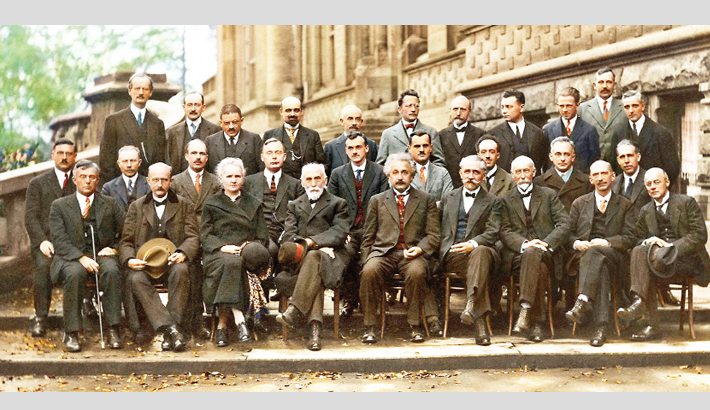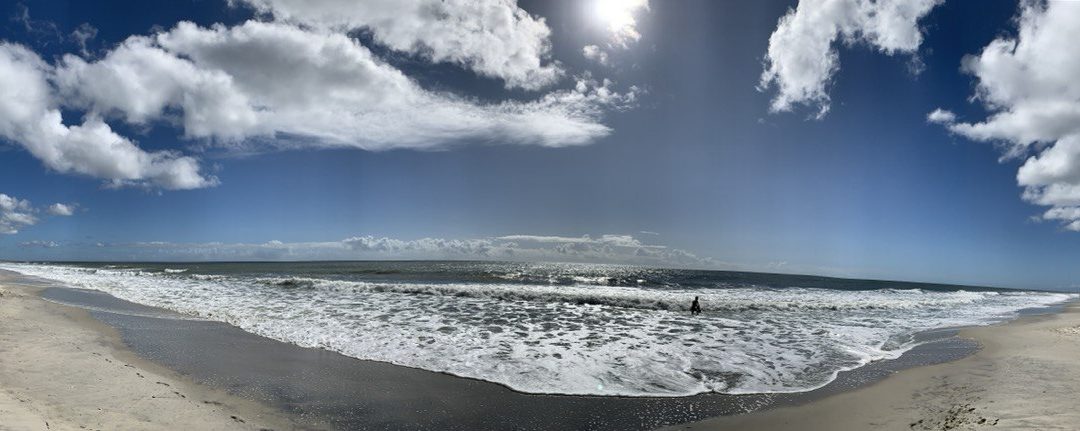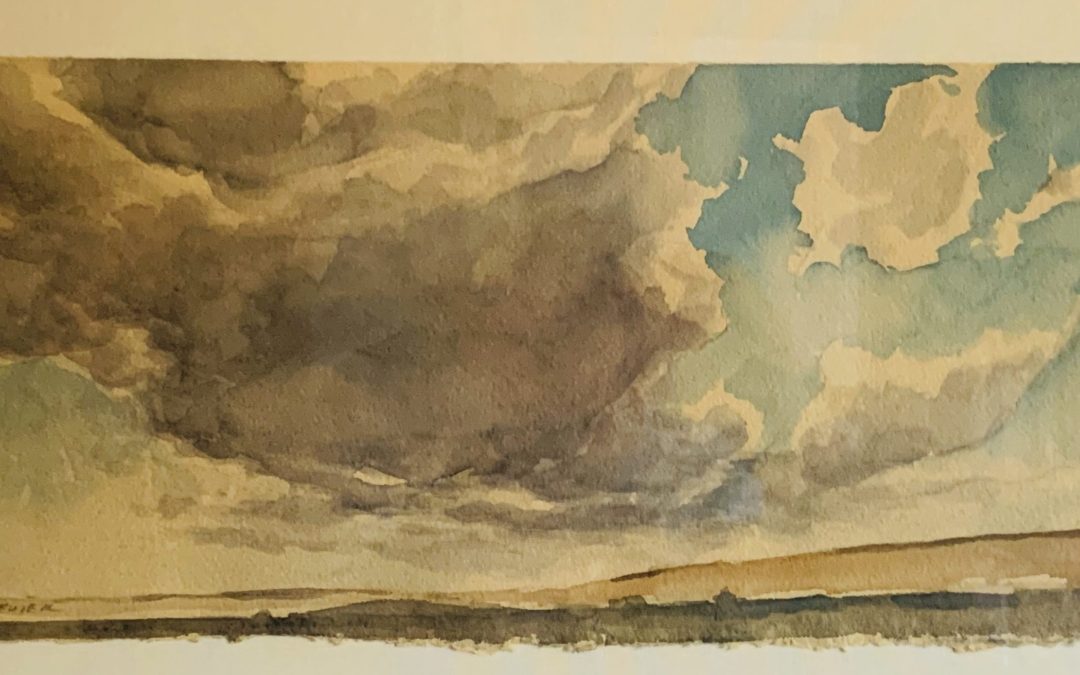
by Dr. Ed Brenegar | Jul 15, 2021 | Book, Circle of Impact, Problem solving
Problem-solving and change management are very close to one another. I see it in the pattern of behavior where leaders resist change and avoid problem-solving.
Why is this?
It is actually quite easy to pinpoint. Here are two of the reasons.
First, they have never learned how to solve problems.
Second, they correctly assume that solutions imply change.
I recently published a short book called Solving Problems: A Guide To Being A Person of Impact. Yes, it is simply a book on problem-solving. It helps people learn a simple process for solving problems that can be applied in almost any situation. It is based upon my Circle of Impact model of leadership.

by Dr. Ed Brenegar | Nov 7, 2020 | Impact, Relationships, Transition
Is uncertainty something new?
Is uncertainty just something that arrived with COVID-19, with the Black Lives Matter protests, and with a disputed presidential election?
Or is uncertainty a given in life? If so, then how do we thrive in its midst?
This is the conversation that I had with my friend and colleague Bill Watkins, founder of The Lion’s Pride business coaching program.

by Dr. Ed Brenegar | Oct 27, 2020 | Circle of Impact, Ideas, Impact, Relationships, Structure, Transition, Uncategorized
When a book or essay appears in print, it is never all that could be said. It is a distillation and essence of the whole topic.
For my short book, Where Did Trust Go?, the instigating moment was a question from a Nairobi businessman. He asked me following a presentation to his group last February,
“What are we to do about corruption in government and business?”
At that point in time, I did not have an answer. I do now. It is found in this little book.
Let me describe what I see that led me to write. Let’s look at this through the lens of the Circle of Impact in terms of three problems.

by Dr. Ed Brenegar | Apr 9, 2020 | Book, Circle of Impact, Community, Impact, The Pressing Issues, Transition
Our world is in transition.
There will be no going back to some time in the past where life was simple and certain.
Finding trust becomes even more important than ever before.

by Dr. Ed Brenegar | Mar 30, 2020 | Circle of Impact, Community, Conversations, Impact, persistent, residual culture, Transition
In times of uncertainty, we need to turn to the values and beliefs that define us. In a social environment, whether a family or a business or a community, the same is true.
Every place creates such a culture. It is often ignored by its leadership. It is an unacknowledged belief that leaders create culture. They can, but they can only do so by destroying the culture that is already there. Maybe it is necessary if that ‘persistent, residual culture’ has been corrupted and made toxic by the loss of belief in the company’s values. I’ve seen that. It is a very difficult thing to change. It is far better to go join the culture that is there and elevate it through leadership capacity building.
One of the ways that we elevate this persistent, residual culture is by creating a story that we tell ourselves. It is a story that reminds who we are. It is a story that helps us to say Yes to the good things and No to the wrong ones.






